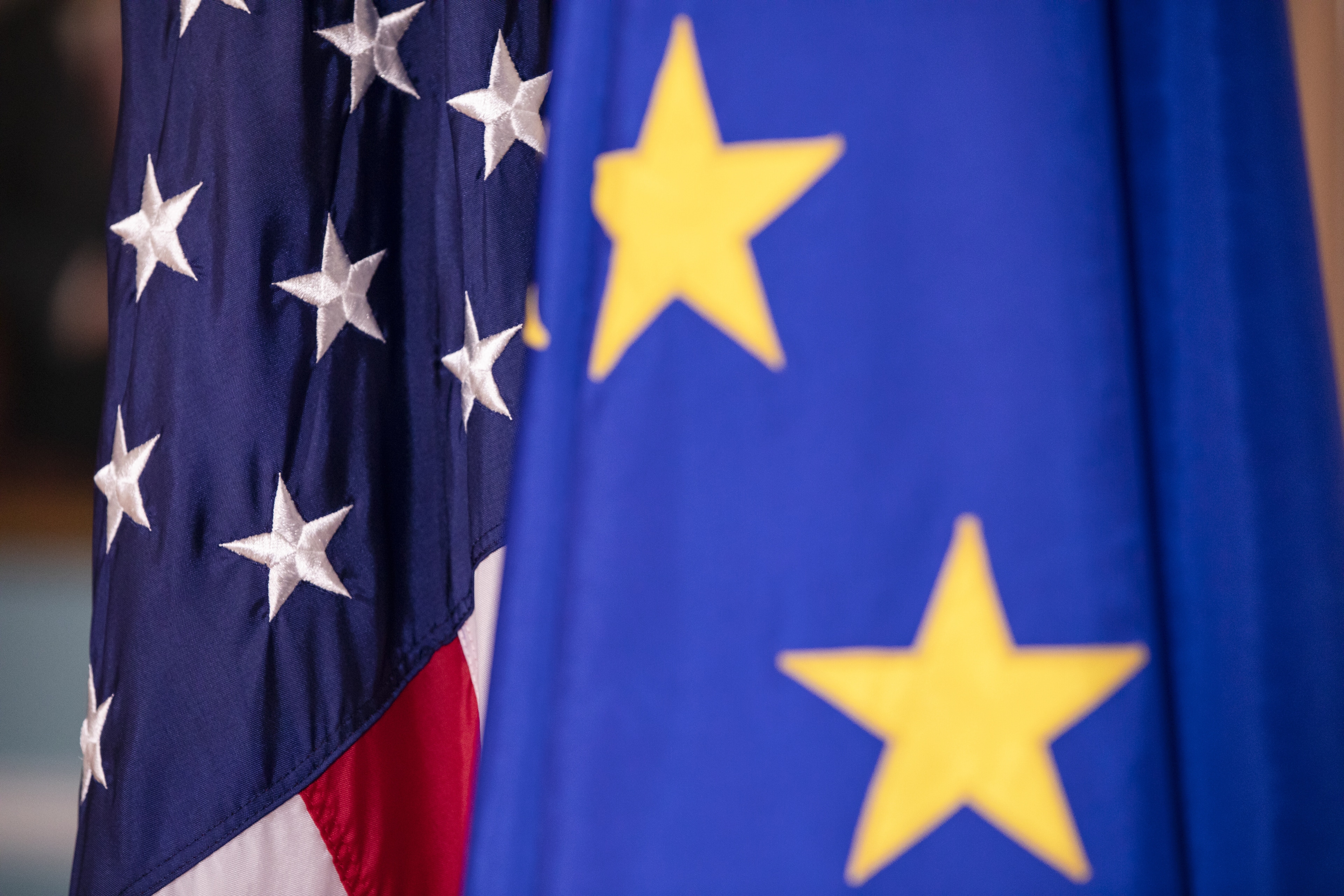Businesses can lead a revolution in disability inclusion

Disability activists around the world are raising awareness.
Image: REUTERS/Yves Herman
Stay up to date:
Inclusive Growth Framework
‘Follow the Leader’, the childhood game usually reserved for the playground, now has the power to inspire a revolution of inclusion.
History has shown that when business leads by example (e.g. the green movement) – taking decisive steps and agreeing to be held accountable for their actions and achievements – society follows and real positive social change happens worldwide.
That’s why last year we launched #valuable – a global call to action for businesses and brands to recognise the worth and value of the one billion people living with a disability around the world, and to put disability inclusion on the global business leadership agenda.
Since launch, #valuable has reached over 810 million people and garnered the support of business leaders, including the outgoing chief executive of Unilever Paul Polman. But there is still a long way to go until an inclusion revolution is truly realized.
Today is the International Day of People with Disabilities, this year focused on empowerment and inclusivity, which we believe needs to be driven by business leadership.
The scale of modern companies makes them key allies in achieving greater inclusivity. Consider the fact that, out of the world’s top 100 economies, 31 are countries while a whopping 69 are corporations. Apple alone has more cash than 141 countries.
Trying to tackle inclusivity issues without businesses front and centre would be like trying to use your smartphone screen with a gloved hand: you’ll be up close and personal with what you’re trying to do, but you’ll fumble and ultimately fail.
Inclusivity is good for business
Over the last 30 years, business has embraced its social purpose. From innovating to tackle climate change, to addressing the gender diversity gap, business has demonstrated its ability to move the dial on the globe’s most pressing issues. Now is the time to make disability inclusion everyone’s business.
Today, one billion people across the world live with some form of disability – 15% of the global population, or 1 in 7 people – but their value is routinely ignored by business. That is equivalent to disregarding a potential market the size of the US, Brazil, Indonesia and Pakistan combined.
Gone are the days when inclusivity action was a ‘nice-to-have’ or a bolt-on CSR initiative from businesses. Combined with their friends, families and communities, the one billion disabled people around the world have a disposable annual income of $8 trillion a year – an opportunity that business cannot afford to ignore. This is the era of inclusion as a strategic business driver.
We have arrived at a zeitgeist moment for inclusion. From the UK’s recent landmark debate on gender recognition, to worldwide campaigns raising awareness of equal pay, and the great work of disability activists like Sinead Burke, the arena for change is broad and there are signs of positive progress.
Burke, an educator and inclusion advocate, who made the cover of Business of Fashion this year, works at the nexus of fashion and business to urge brands to appreciate the commercial imperative of engaging the physically disabled.
But we cannot pursue ‘a la carte’ inclusion and think it’s going to fix things. That means companies cannot pick and choose what they want to engage with, because true inclusion means including everyone.
Setting the agenda
At #valuable, we have engaged corporate partners and business leaders who put their money where their mouth is, and we’ll be working together to ensure inclusion is top of the business leadership agenda in 2019.
To achieve this, we need to ensure inclusivity is front and centre at the major business conferences and forums. For years it has been overlooked and ignored at such gatherings. Largely this is due to a widespread misunderstanding of the significant return on investment that action on inclusion holds.
We are proud to see the World Economic Forum committing a greater focus on inclusion in 2019, a move that will be transformational for disability inclusion. I am confident that when more business leaders hear about the commercial benefits of inclusion, they will be converts to the cause.
The 2018 International Day of People with Disabilities is a professional and personal milestone for me. It falls 30 years after I first discovered I was visually impaired at the age of 17, a revelation that led me to hiding my disability at work for years, thanks to a poignant cocktail of fear, pride and shame.
I now understand that you can only reach your potential when you are true to yourself. When I became a World Economic Forum Young Global Leader in 2006, I made a promise to myself that I would put disability and inclusion at the centre of the Davos debate. This is what led to the launch of #valuable and our campaigning belief in the inclusion revolution.
This is therefore a rallying cry to business leaders and brands to release the potential of 1 billion people. And it is our way of urging the World Economic Forum to put business accountability for inclusion centre stage at Davos 2019.
We are arriving at a historic crossroads. The way the world turns will hold consequences for us all. If we can urge business to take the lead on inclusion in all its forms, then I am certain society will follow. If we get this right, the results will be revolutionary and rewarding. It will transform our notion of self-acceptance and society’s attitude to difference. In doing so, it will positively change the world for everyone.
Don't miss any update on this topic
Create a free account and access your personalized content collection with our latest publications and analyses.
License and Republishing
World Economic Forum articles may be republished in accordance with the Creative Commons Attribution-NonCommercial-NoDerivatives 4.0 International Public License, and in accordance with our Terms of Use.
The views expressed in this article are those of the author alone and not the World Economic Forum.
Related topics:
Forum Stories newsletter
Bringing you weekly curated insights and analysis on the global issues that matter.
More on Economic GrowthSee all
Elizabeth Henderson and Daniel Murphy
August 8, 2025
Li Dongsheng
July 31, 2025
Charlotte Edmond
July 30, 2025
Naoko Tochibayashi
July 30, 2025
Matt Watters
July 29, 2025
David Elliott
July 28, 2025






